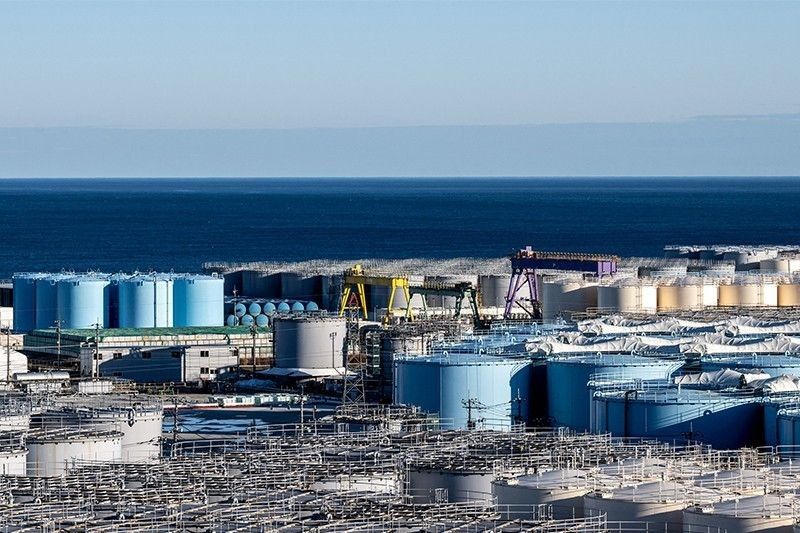Philippines: No objection to Japan’s release of Fukushima water

MANILA, Philippines — The Philippines did not object to Japan’s release of 1.3 million metric tons of treated radioactive water into the Pacific Ocean from its tsunami-wrecked Fukushima Daiichi nuclear power plant yesterday as it recognizes the International Atomic Energy agency’s (IAEA) technical expertise on the matter, the Department of Foreign Affairs (DFA) said.
“The Philippines continues to look at this issue from a science- and fact-based perspective and its impact on the waters in the region. As a coastal and archipelagic state, the Philippines attaches utmost priority to the protection and preservation of the marine environment,” DFA said in a statement yesterday.
According to an IAEA report, Japan’s plans to discharge the ALPS (Advanced Liquid Processing System) treated water into the sea will have negligible radiological impact on people and the environment and is consistent with relevant international safety standards.
Japanese Ambassador Kazuhiko Koshikawa earlier said Japan would manage the annual discharge volume of tritium so it will not exceed 22 trillion Becquerel, which is equivalent to the target discharge management value for the Fukushima Daiichi Nuclear Power Station before the accident in March 2011.
“It is worth noting that other countries also discharge tritium into the sea in compliance with their own domestic laws and regulations; for instance, according to the China Nuclear Energy Association website, China is discharging 112 trillion Bq from Yangjiang Nuclear Power Plant (NPP) in 2021,” Koshikawa said.
“The amount of tritium in the ALPS treated water is far smaller than the amount of tritium discharged from many nuclear power plants and other facilities in other countries,” he added.
The ambassador said Japan will take all possible measures to ensure the safety of the discharge into the sea even after it begins, and will not discharge anything that could adversely affect the health or environment.
On the other hand, fishers’ group Pambansang Lakas ng Kilusang Mamamalakaya ng Pilipinas (Pamalakaya) criticized the Department of Environment and Natural Resources (DENR) and the Bureau of Fisheries and Aquatic Resources (BFAR) yesterday for their failure to take a stand on the matter.
According to Pamalakaya vice chairman Ronnel Arambulo, the radioactive wastewater might reach the western part of the Pacific Ocean with the onset of the northeast monsoon, posing potential hazards in the country’s eastern seas, including the resource-rich Philippine Rise (formerly Benham Rise) which is not only rich in fisheries resources but also gas deposits and mineral resources.
“The DENR and BFAR should issue statements on the impending catastrophe brought by the release of treated wastewater as it will have a big effect in the Pacific Ocean. It will kill our fishermen and affect our food security,” Arambulo said.
He warned that toxic treated wastewater could also reach the Bicol region and other parts of the southern archipelago during the northeast monsoon.
“We don’t believe that the radioactive chemical was already treated,” Arambulo said.
He said that other countries like South Korea have also opposed the discharge of radioactive wastewater from Japan.
“We should not allow the Pacific Ocean to be used as a sewerage system. It is the obligation of the DENR and BFAR to have a position as what is at stake here is the livelihood of the fishermen,” Arambulo said.
At a separate press conference, Philippine Atmospheric, Geophysical and Astronomical Services Administration deputy administrator for operations and services Bonifacio Pajuelas said the state weather bureau is part of the panel that studies the implication of the discharge of Japan’s treated radioactive water. – Bella Cariaso, Evelyn Macairan
- Latest
- Trending































